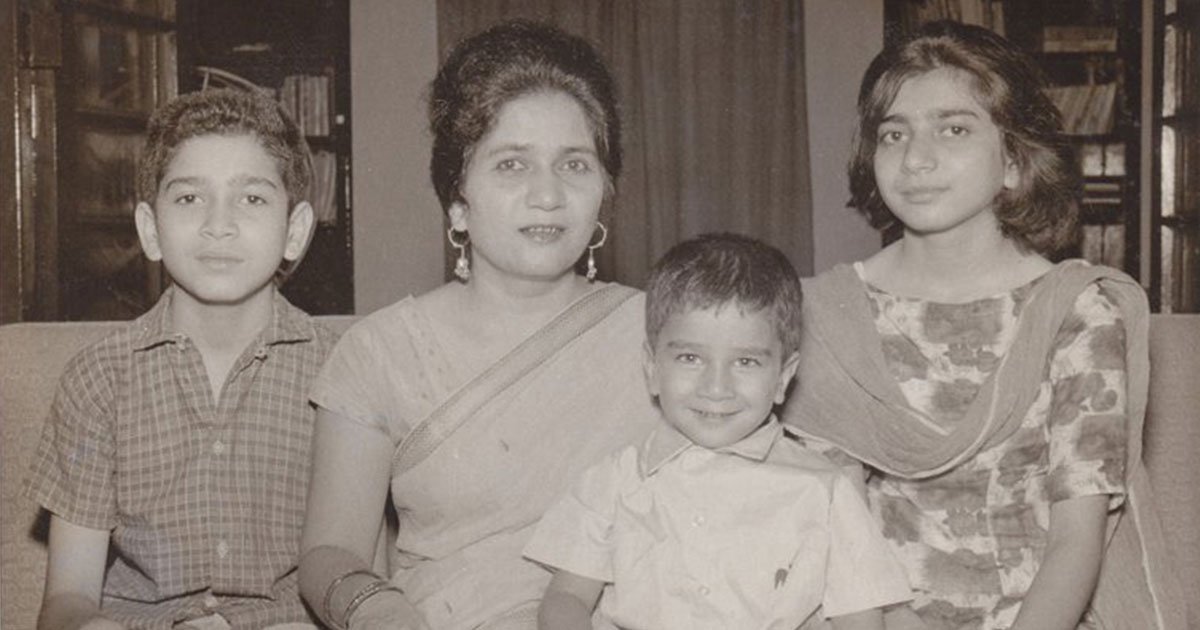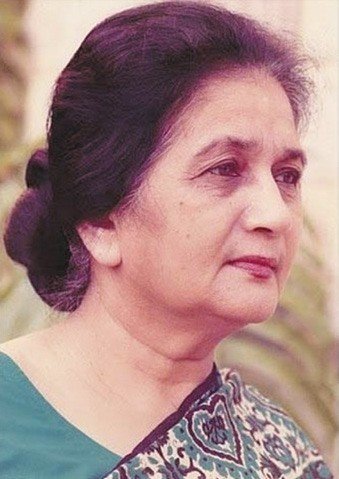August 22nd marked the birth anniversary of one of the first biggest female Urdu poets to be published, Ada Jafarey. Also known as Ada Jafri, this Pakistani female Urdu poet is regarded as “The First Lady of Urdu Poetry”. Also an author, Ada Jafri was considered to be prominent name in Urdu literature.
It is indeed sad that such a talented gem of a poet has been forgotten and is unheard of by the generation of today. Not getting the recognition she deserved in her times, makes us think whether it was because she was a woman?
Ada Jafri has received many awards to celebrate her efforts and contribution to the Urdu Literature. Awarded from the Government of Pakistan, the Pakistan Writers’ Guild, and literary societies of North America and Europe in recognition of her efforts.
Her Early Life
Born in Badayun in U.P. she was named Aziz Jahan by her parents. She lost Her father, Maulvi Badrul Hasan when she was three, and was raised by her mother alone. Under the pen name of Ada Badayuni, the poetress started writing poetry at the age of 12.
Great poets like Akhtar Sheerani and Jafar Ali Khan Asar Lakhnavi used to teach her and correct her work.

A rare shot of Ada Jafarey with her family Source: RekhtaBlog
Married to top ranking civil servant of the Federal Government of India named Nurul Hasan Jafarey in 1947, Lucknow India, Ada Bayaduni changed her pen name to Ada Jafarey. She moved to Karachi with her husband after the Independence and was encouraged to write by her husband and mother inspite of social complications. Her husband was also into literature as he wrote for the Urdu and English newspapers. And was also the president of the magazine Anjuman-i Taraqqi- Urdu.
Her Work
Ada Jafarey’s work includes bold themes for her time- She has written on themes like objectification of women, and discrimination. She also wrote about her relationship with her husband and her experience of being a mother, but one can’t help but notice how these relationships did not fulfill her entirely.
She mostly wrote Nazams but also worked on Urdu Haiku and Azad Nazam. She mastered both nazam and ghazals. She even wrote some maẓāmīn.

Ada Jafarey’s first ghazal was published in Akhtar Sheerani’s magazine, in 1945. She then published her first collection of poems, “Maiṉ Sāz Ḍhūṉḍtī Rahī” in 1950. Her book, ‘G̲h̲azal Numā’, contained short essays and short biographies along with commentaries on the work of previous Urdu poets; this was published in 1987.
Besides this, she published five collections of Urdu poetry and forty research papers.
Ustad Amanat Ali Khan’s famous ghazal, Hoṉṭoṉ pih kabhī un ke merā nām hī āʾe was written by Ada Jafarey.
Several critics have commented on Jafarey’s poetry saying it is filled with politeness of expression. She combines both old and contemporary in an artistic way. Many called her writing a ‘feminist way of expression’.
Awards and Recognition
Hamdard Foundation, New Delhi recognized her as the “Outstanding Female Poet of the Century” in 1955. And in 1967 she was awarded the Adamjee Literary Award by the Pakistan Writers’ Guild. Moreover, to recognize and celebrate her work, the Government of Pakistan awarded her the Medal of Excellence in 1981.
She was also the recepient of the Baba-e Urdu, Dr. Maulvi Abdul Haq Award from the Pakistan Academy of Letters in 1994,and received the Quaid-e Azam Literary Award in 1997.
She won various international awards from literary societies in North America and Europe.
She was honored with a Pride of Performance Award for Literature in 2003 by The Government of Pakistan (announced on 14 August 2002). Moreover, she was the first female recipient of the Kamal-e Fan Award by the Pakistan Academy of Letters in 2003, for lifetime achievement in literature.
“I did not accept the restrictions imposed by men, rather accepted only those restrictions which my mind has imposed upon me… I think that saying things from behind a veil is more appropriate because symbolism and allusion are the beauty of poetry, too.”
This is indeed incredibly impressive. It’s a pity we don’t grow up hearing about these awesome women.
Stay tuned for more interesting articles and updates!